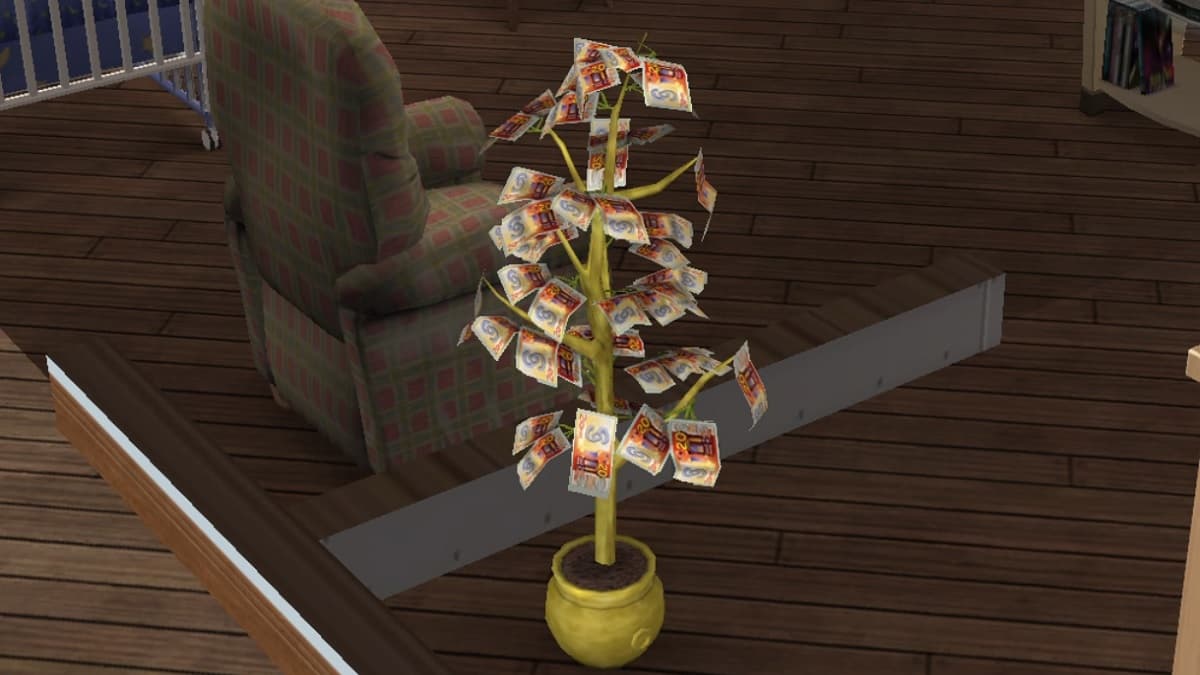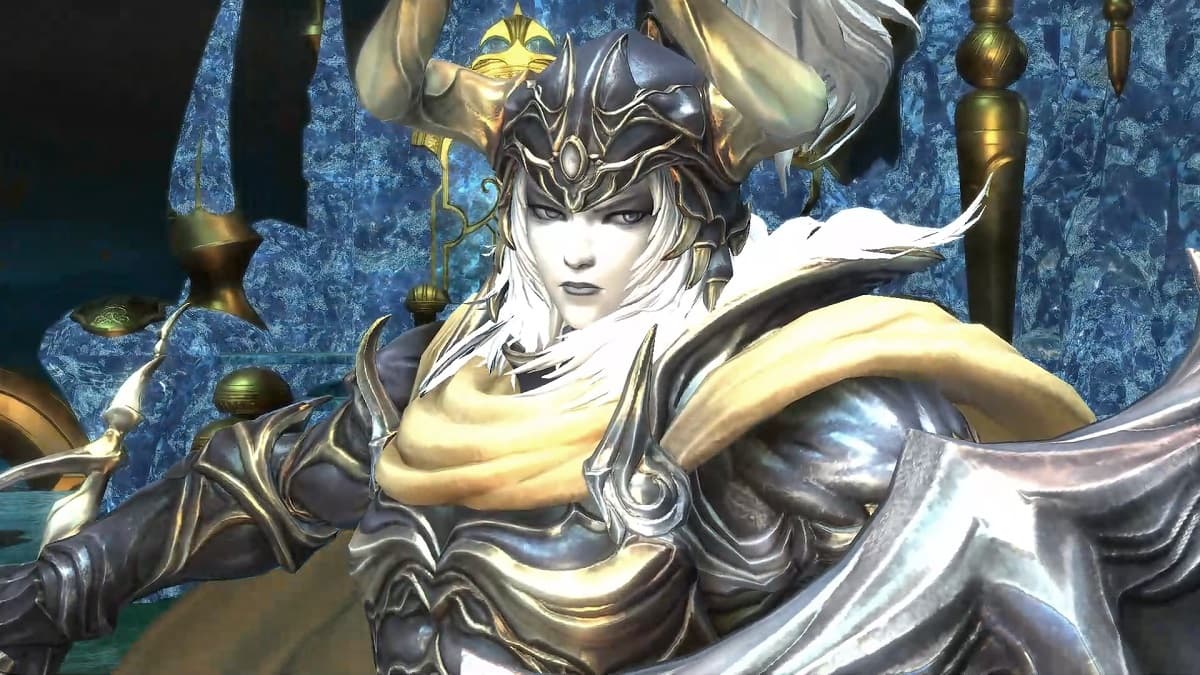Video games can be a wonderful vessel that allows the exploration of complex society issues. Unfortunately, there can be a fine line between glorifying or taking advantage of an issue for entertainment value, and addressing the issue out of a desire to draw attention to it. To make things even more confusing, a wide array of opinions exist on exactly where that line even exists in the first place. Some consider war games to be exclusively exploitative, while others feel a well-done war game can help to bring truth and light to the reality of war.
Whereas once the only aim of most video games was to collect coins and avoid the bad guys (a philosophy in and of itself, in a way – make money and don’t die…isn’t that pretty much what humans strive to do anyway?), video games today are able to broach complex stories and plots that rival movies and mutli-series books. The RPG genre has always been home to the exploration of controversial issues, but even FPS and other games are beginning to weave this into their storylines.
Let’s take a look at some of the controversial issues raised in video games released since 2000.
Bully

Bullying has always been a major issue within schools; before the last decade, it was viewed as a necessary evil to withstand by many people. Name one person who wasn’t bullied in at least some minor way during their school years–it’s pretty difficult, although I’m sure they do exist.
Video games are a perfect avenue for discussing the bullying issue because they enjoy a young audience. There is opportunity to bring light to the issue and to remind bullied children that they are not alone within their experience.
Bully sets out to give players the experience of both being a bully and being bullied on a daily basis. It’s a multi-faced game that speaks on both the bullying itself, and the lack of education that occurs when a child is bullied. In many ways, it is an allegory for the state of some of the worst schools in North America. Of course, great strides have been made in preventing bullying, but the bad thing about most of it is that it happens away from the public eye.
This is an open world sandbox game, so you get to wander around and engage in most of the everyday activities of a teen. But make no mistake–this is not a game for children. The game was created by Rockstar, and it holds their particularly dark, somewhat violent game style. In fact, this game has come under fire several times because of its occasional treatment of bullying within the game.
Have a look:
Gone Home
LGBT rights have come a long way–but a glance at the controversy surrounding the 2014 Olympics identifies that the world still has far to go before it is considered to be a conquered issue. Even in North America, a certain subsect of people vehemently fight against gay rights, gay marriage, or even the right for transgender or genderless-idenfied people to represent themselves as they identify.
Video games, too, have come a long way with this. The 1986 text-based game Moonmist was likely the first fully out there game that revealed a gay character, but as time has progressed, there is less hiding of these characters.

The recent adventure game, Gone Home, tackles this issue openly and freely. The entire game features a lesbian couple that makes no attempts at subtlety or hiding their status, which is refreshing. But while Gone Home isn’t subtle, it isn’t overwhelming or garish in its portrayal either–the fact that it addresses LGBT issues simply, well, is. Revealing any more than this would be spoiling the game, but you can check out this video for a view of the gameplay. Caution: This is a full playthrough WITH ending.
This game does a decent job of showing the difficult choices many LGBT individuals go through when seeking acceptance from disapproving family members.
That Dragon, Cancer
Currently being created for Ouya, this game tackles the issue of one of the leading causes of death in North America. Cancer is a dragon in many ways, attacking people indiscriminately and burning them to the ground, leaving devastation in its path. Created by Ryan Green and backed by Games for Change, the game is set for release at some point in 2014. Check out this interview with the developer, where he outlines his personal experience with cancer. The developer, also Ryan Green, has a young son who is currently terminally ill. You can see Green and his family in the image above.
This game is being produced only for Ouya. Green states that this is occurring so that the game’s production and release is kept as affordable as possible. This makes sense when you consider the astronomical cost of treating cancer in most areas of North America. It will detail the struggles a toddler faces when trying to reach milestones and tasks while undergoing cancer treatment–certainly not something that will be entertaining in the “fun” sence, but undoubtably excellent at bringing attention to childhood cancer.
Learn more about That Dragon, Cancer here.
Auti-Sim
Rising Autism rates in North America have been tied to everything from vaccines to simply having better early detection. Regardless of what has led to the rise in diagnoses, Autism spectrum disorders (ASD) have become common enough that they are an important societal issue that needs to be discussed.
In fact, teaching young children how to interact with other children diagnosed with an ASD can help to cultivate a sense of compassion. It also ensures that the child or individual with ASD is better understood, and thus given the space they need to be the person they are. Instead of instinctually fearing someone who acts differently, learning about the experience of ASD can help children and adults alike to understand that most ASD patients are simply differently-abled. They experience the world in a different way–and that’s totally okay.
This game is a simulator designed to represent the ASD experience as truly as possible. While it will never be possible for any game to mimic it entirely, it does a fairly decent job. The game was developed for the 2013 Hacking Health Vancouver hackathon and went on to be lauded by Autism experts.
You can play it here, although it doesn’t have much content. This is not a game that’s meant to entertain in the long-term; it’s meant to impart a distressing reality. There’s plenty of room for improvement, but take it for the concept rather than it’s unpolished nature. See the gameplay video here:
Half the Sky Movement: The Game

Half the Sky Movement: The Game explores women’s rights around the world. Taken from Games for Change:
Half the Sky Movement: The Game is the latest addition to the cross-media platform of the Half the Sky Movement, which includes the #1 New York Times best-selling book Half the Sky: Turning Oppression into Opportunity for Women Worldwide and a critically acclaimed primetime PBS television series. Inspired by the book and TV series, the game invites players to become part of the solution and make real-world impact through play.
The game can be played even by those who haven’t seen the television show or read the book. It is an attempt to draw awareness to the lack of women’s rights held in nearly all countries to varying degrees. While it is free to play, the aim of the game is to raise donations through awareness. Several large foundations back the game, including The Ford Foundation, Zynga.org, Intel Corporation, National Endowment for the Arts, The Rockefeller Foundation and the United Nations Foundation. It is played through Facebook, as the social media aspect is how awareness is mostly raised.
You’ll start the game off by being plopped into real-life situations and difficult choices (like how to get medicine for a sick child). Most decisions result in being assertive as a female character. As you go along the game, you are rewarded for correct decisions, for speaking up, and for being generally “strong.” All of the situations you are presented with are tied into real-world attempts to improve the world–like having to take a sick child to the clinic. The game identifies that it would have been cheaper to have your child vaccinated, but your family didn’t have enough money to do so. The importance of access to free or cheap medication is then highlighted.
Even better, the more you play, the more points you are granted–and eventually, those points can even trigger a sponsor of the game to donate to charity on your behalf. This makes it an excellent way to help out even f you don’t have money yourself.
Have a look at the trailer:
The bottom line here is that the very definition of “gaming” is beginning to shift. Some of this is good, some of it is just another blatant attempt to gamify literally everything in our lives. Most gamification is designed to sell us something–but this type of gamification can have overwhelming benefits to society if used correctly. It brings video games out of the “too far from reality” realm, much the same as refusing to airbrush models brings a touch of reality to fashion magazines. That’s a commendable thing to do, especially when games like Half the Sky Movement: The Game are showing real results.
Hey.. psst. All images taken from the games themselves unless otherwise specified on the image.










Published: Feb 25, 2014 06:43 pm